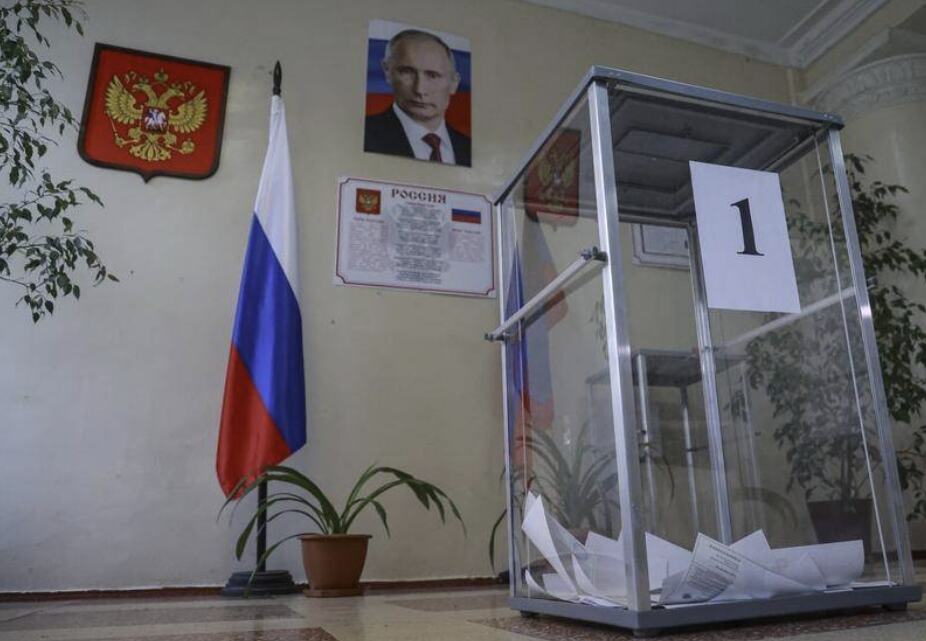Russian Authorities Battle Sabotage Attempts in Controversial Local Elections, Drawing International Criticism
The reports have surfaced regarding attempts to sabotage voting in local elections held in occupied areas of Ukraine by Russian authorities. These elections have been denounced as fraudulent and illegal. In addition, it discusses the lack of exciting races and the avoidance of the war issue by candidates in Russian politics.
Russian authorities have reported multiple attempts to sabotage voting in local elections taking place in occupied areas of Ukraine. The elections, held over the weekend in 79 regions of Russia, included voting for governors, regional legislatures, city and municipal councils, as well as in the four Ukrainian regions illegally annexed by Moscow last year and in Crimea, which was annexed in 2014.
These elections in the occupied areas of Ukraine have been denounced by Kyiv and the West as a sham and a violation of international law. Russian electoral officials have reported attempts to sabotage voting in these occupied regions. One incident involved a drone strike that destroyed a polling station in the Zaporizhzhia province hours before it opened.
Another incident involved the discovery of a live grenade near a polling station in the Kherson region. Local residents and Ukrainian activists have also alleged that Russian poll workers accompanied by armed soldiers have been making house visits, detaining those who refuse to vote and pressuring them into writing "explanatory statements" that could be used against them.
In Russia itself, Moscow Mayor Sergei Sobyanin's seat is up for grabs, although he is running for re-election and is unlikely to lose as all contenders come from Kremlin-backed parties. The elections also include races for governors in 20 other Russian regions, ballots for local legislatures in 16 regions, and multiple votes for city and municipal councils.
In some Russian regions, voting takes place over three days, while in others it is limited to Sunday only. Online voting has also been enacted in more than 20 Russian regions, including Moscow, despite criticism from opposition figures. The head of Russia's Central Election Commission, Ella Pamfilova, announced that over 3 million Russians in 25 regions have voted online.
However, Russian Telegram channels reported an incident where two state news agencies, RIA Novosti and Tass, announced preliminary results of a gubernatorial election in northeastern Siberia more than 20 minutes before polls were due to close.
The incident was acknowledged by the Central Election Commission, which blamed it on an IT error. Despite the elections taking place, there are few exciting races, according to political analyst Abbas Gallyamov. This is primarily because the issue of war and peace, which is the most important issue in Russian politics, is not on the agenda.
Candidates avoid campaigning on this issue as it can affect their poll ratings, and campaigning against the war can result in being barred from running, thrown in jail, or even labeled an enemy of the country. As a result, voters feel that the elections are not addressing the real and important issues, leading to a minimal voter turnout and what some perceive as empty elections.




